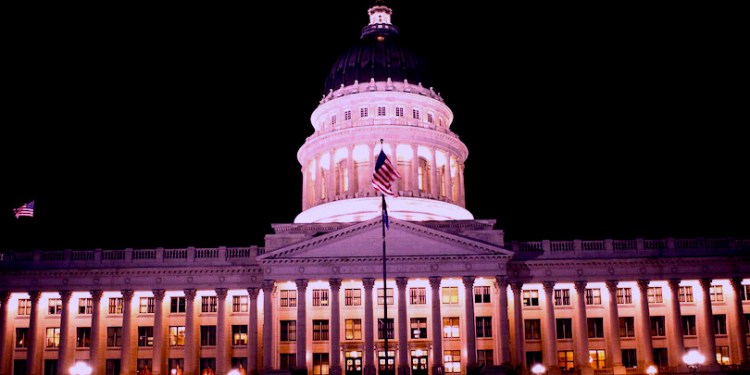From the US to Europe, people are coping with unpopular government actions that are creating financial hardships.
In the longest government shutdown in US history, more than 800,000 Americans are either out of work, or working with no pay. The stalemate between President Trump and the Democratic party over funding for a border wall (later changed to steel slats) has run up a considerable tab. At a rate of about $12-20 million per hour, the shutdown has cost the US government an estimated $5.28 billion in furlough costs or nearly 94% of the proposed cost for the wall’s funding.
With the strain on furloughed workers mounting, 72% of federal employees disapprove of the government shutdown, according to a recent poll by GovExec. Difficult times have caused many Americans to take second jobs. Others are relying on rideshare apps, loans and even crowdfunding to make ends meet.
Julie Burr, a 49-year-old federal employee, has taken up extra shifts at Barnes and Noble since the shutdown began, reports Time. “It’s not going to pay all my bills,” she says, with no end-game in sight for the government shutdown.
At its current pace, despite any traction on a plan to end it, the rising costs of the shutdown will soon eclipse President Trump’s initial proposal for border security.
Meanwhile in Europe, disgruntled citizens continue to take their grievances to the streets. On Saturday, Hungarian workers demonstrated in Budapest to protest a new overtime law passed by Prime Minister Viktor Orban. The law permitted employers to ask their workers to do up to 400 hours of overtime per year in an effort to combat a widespread labor shortage and also stimulate a struggling economy.
https://twitter.com/redfishstream/status/1086315747687698432
Orban insists the policy works in favor of Hungarian citizens, however, the enraged protestors suggest otherwise.
According to one protestor, “They totally ignore what we say.” Several others waved the national flag and marched behind a banner that read “We have had enough.”
In France, where anti-government Yellow Vest protests began in November after a massive fuel tax hike, President Emmanuel Macron has started a national debate to quell the rage. The protests have evolved from the tax issue into a general air of political unrest that has erupted into outbursts of violence.
https://twitter.com/redfishstream/status/1086913208059858944
The national debate, dubbed the Grand Debat, is the French citizenry’s opportunity to air grievances in an organized and collected manner. Most of the vitriol is aimed at Macron himself, who, while elected as an agent of change, is perceived by many as pompous, apathetic and out of touch with the average French citizen.
Macron, who penned an open letter and whose approval rating is languishing at a dismal 23%, hopes to turn the tide amidst the storm of protests and channel the nation’s anger into productive and effective change. This will prove exceptionally difficult, since the movement is largely scattered and leaderless. To illustrate how dire the political situation has gotten, consider that Macron has proposed his citizens fill out cahiers de dolerances or “grievance logs,” a tactic first introduced during the French Revolution.
Among the long list of complaints filed are demands to eliminate bank fees, a change in unemployment compensation, and increased taxes on the wealthy and second homes. Many others are upset that the speed limit was reduced to 80 km (49 mph).
Outside Paris, in a meeting with 600 mayors, Macron listened for hours as they described decades-old systemic problems in dire need of attention, from social injustice to financial strife.
Speaking of the crisis, Macron said,
“I see what our country is living through as an opportunity. We have to have this debate and these explanations.”
[the_ad id="42537"] [the_ad id="42536"]




